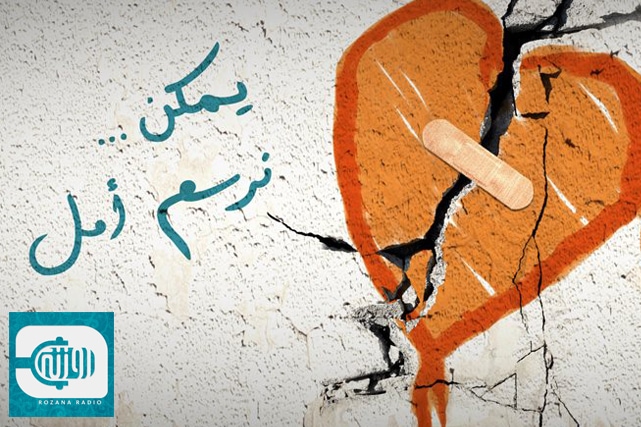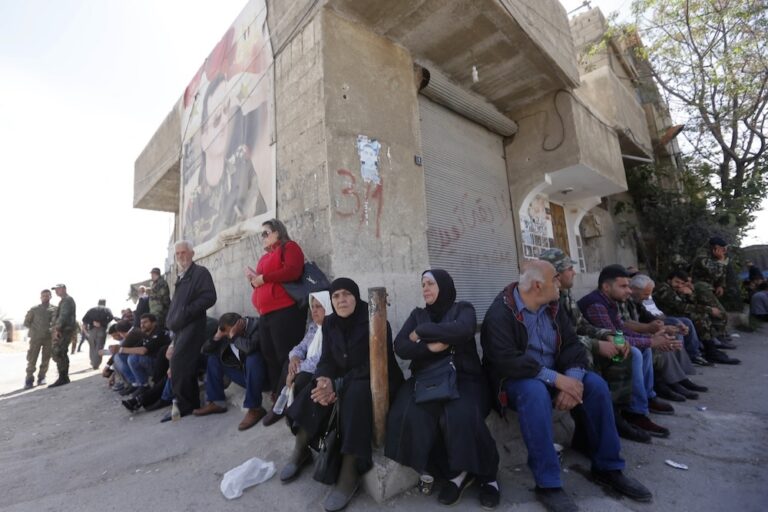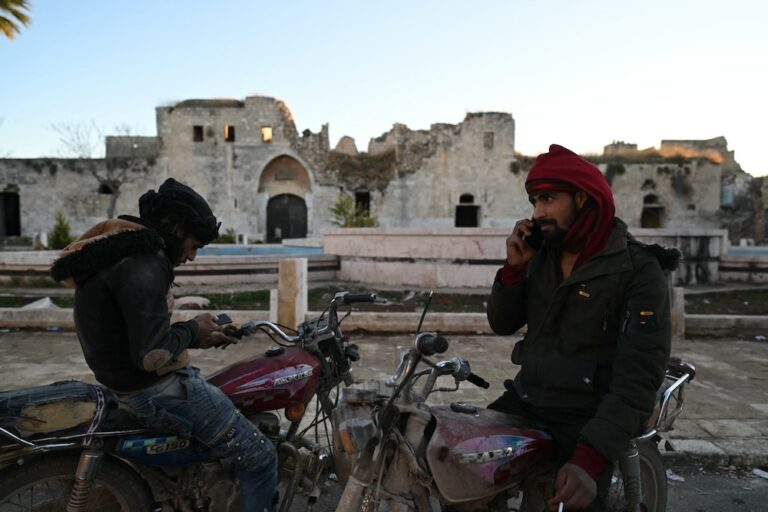This is part three of a four-part series on the men and women illuminating some of Syria's darkest regions, often at grave personal risk.
Part Three: Radio Rozana (@RozanaRadio)
While the rest of the world watches the Syrian war unfold on their televisions and computer screens, Syrians within are often left in the dark. With electrical blackouts and erratic and heavily filtered access to the Internet, propaganda travels like wildfire.
In June 2013, a group of exiled journalists sought to change that. They launched Radio Rozana, an independent Arabic language radio station that broadcasts from Paris and is aimed at all Syrians, regardless of their affiliations. The station, which is supported by International Media Support (IMS), Reporters Without Borders (RSF) and other organisations, regularly facilitates media training and psychological support in nearby Turkey for its journalists working within Syria.
According to IMS, Radio Rozana, which used to employ 30 journalists working anonymously from inside Syria, now has more than 60 journalists on the ground and broadcasts 24/7 online, and eight hours a day on FM and satellite. It provides its listeners not just with first-hand news of territorial gains and losses, but with programs on the daily and practical concerns of Syrians in different regions, news from those who have sought asylum elsewhere, and even occasionally some comic relief. For its correspondents on the ground, Rozana uses pseudonyms and in some cases alters their voices when broadcast on the airwaves. Its website is blocked in Syria, but can be accessed through the alternative link: www.rozana-sy.fm.
Rozana, too, has had its share of tragic losses. “We lost one of our members in Idlib [under rebel fire] and another in Hama,” said Lina Chawaf, program manager for Rozana Radio. “Two of our members are also detained, and we know nothing about them.”
In its work and its relationship with journalists on the ground, Radio Rozana is always in the pursuit of objectivity. In previous interviews, Chawaf admitted that it is sometimes hard for journalists on the ground to remain impartial. After all, they are reporting on the plight of their own people. “But as a journalist, you have to be neutral, which is how we train them in Turkey. You have to separate feeling from truth,” she told The Verge magazine in July 2013, barely a month after launching. She still stands by that statement today.
What keeps you going?




